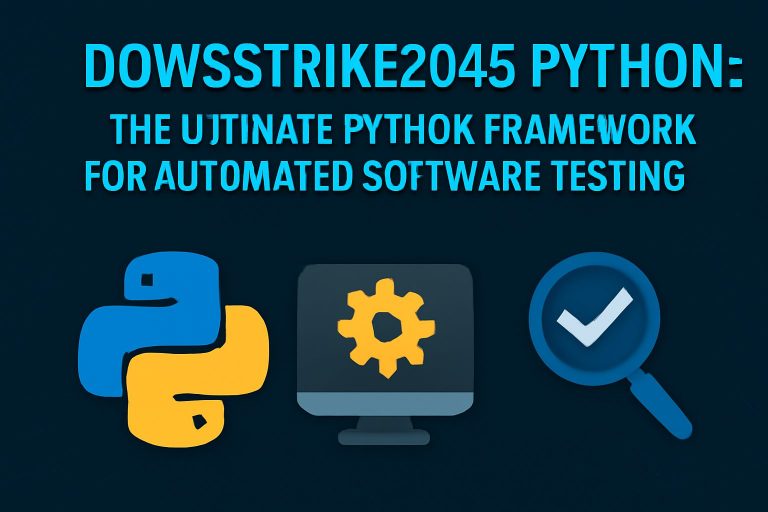The Future of Artificial Intelligence in Search Platforms
The intersection of artificial intelligence (AI) and search technology is rapidly advancing, promising transformative impacts on how we retrieve and utilize information. Over the past decade, AI has evolved from a novel concept to an essential component of modern search platforms. This integration has led to smarter, more intuitive search capabilities that are continually reshaping user experiences. Below, we explore how AI is changing the landscape of search platforms and what developments we can anticipate in the future.
Related Post: readiness for data science
The Evolution of Search Platforms and AI Integration
The journey of search technology has been marked by a relentless quest for greater efficiency and improved user experiences. In its infancy, internet search was rigid, relying heavily on keyword matching and boolean operators. AI’s integration began subtly, with innovations such as predictive search and auto-complete transforming how users interacted with search interfaces. Today’s search platforms, infused with advanced AI, can understand user intent and context, often delivering results that are startlingly accurate and personalized.
One key milestone has been the integration of natural language processing, which allows search platforms to comprehend and process human language with remarkable nuance. The evolution from keyword-centric search to semantic search underscores the transition toward AI’s deep cognitive capabilities. AI’s ability to draw from vast repositories of structured and unstructured data has significantly enhanced the overall search experience, delivering not just relevant search results, but also insights derived from data patterns.
At the forefront of these advancements, AI search platform are setting new benchmarks for what is possible. These systems employ machine learning algorithms that observe and learn from user interactions, continually refining and optimizing search results. Gone are the days of sifting through pages of irrelevant results; AI-driven platforms are rapidly narrowing the gap between query and content delivery.
How AI Is Reshaping Personalized Search Experiences
Personalization sits at the heart of modern search experiences, thanks to AI’s tailor-made solutions. By analyzing historical data, user preferences, and behavioral patterns, AI can create a unique search experience for each individual. The era of one-size-fits-all search results is being replaced by highly personalized content, a trend that is elevating user satisfaction to new heights. Users have come to expect that their search tools understand not just their immediate query, but also their broader interests and needs.
This personalization extends beyond just search results. AI is now capable of altering the search interface itself, optimizing the way information is presented based on the user’s device, preferences, and even cognitive style. The role of AI goes beyond merely finding the right information, to presenting it in the most useful and accessible format. As such, personalization is not just about content, but also about user experience and convenience.
The Impact of Machine Learning on Search Algorithms

Machine learning, a subset of AI, has become integral to the functionality of modern search algorithms. By analyzing patterns and learning from the outcomes of billions of searches, these algorithms are becoming ever more sophisticated in understanding and predicting user intent. This capability has led to search platforms that are not only reactive but also predictive, suggesting content that the user is likely to find useful even before they have fully articulated their search.
Continuous learning enables machine learning-based search algorithms to adapt to the evolving nature of language, including the emergence of new slang, terms, and phrases. This adaptability ensures that search platforms remain relevant over time, keeping pace with cultural and linguistic shifts. These algorithms are also able to identify and prioritize high-quality, trustworthy content, using cues such as site authority and content freshness.
Emerging Trends: Voice Search and Visual Recognition in AI Search Platforms

Voice search is gaining momentum as a significant trend in the evolution of AI search platforms. With the proliferation of digital assistants and smart speakers, voice queries have become more commonplace, prompting search technologies to adapt. AI systems are now equipped to understand and process spoken language with increasing accuracy, shifting the search paradigm from typed keywords to conversational queries.
Alongside voice search, visual recognition technology is making inroads into AI search platforms. Image-based searches, where users can inquire using pictures as queries, represent a breakthrough in search capability. This visual approach complements traditional text searches by allowing users to search for information or products without the need for a textual description, streamlining the search process even further.
Overall, the integration of AI into search platforms is not just enhancing existing systems but redefining the very nature of search itself. As artificial intelligence continues to evolve, it promises to offer more intuitive, personalized, and accessible search experiences.







